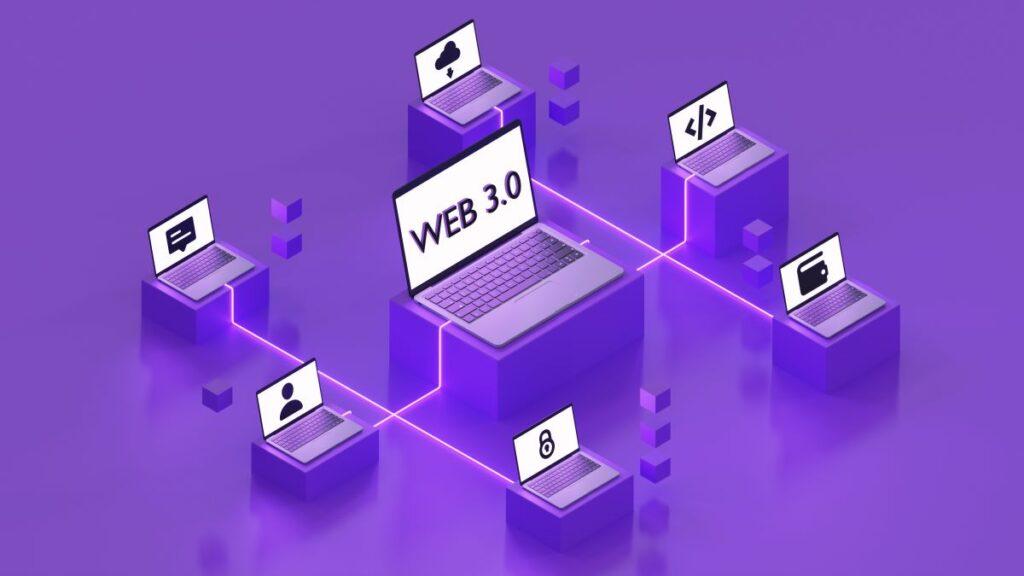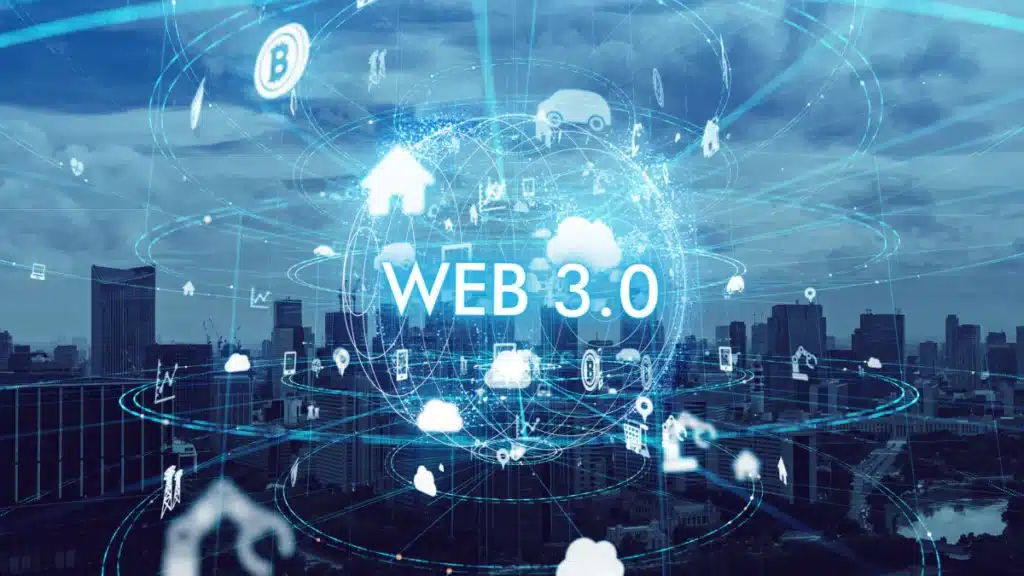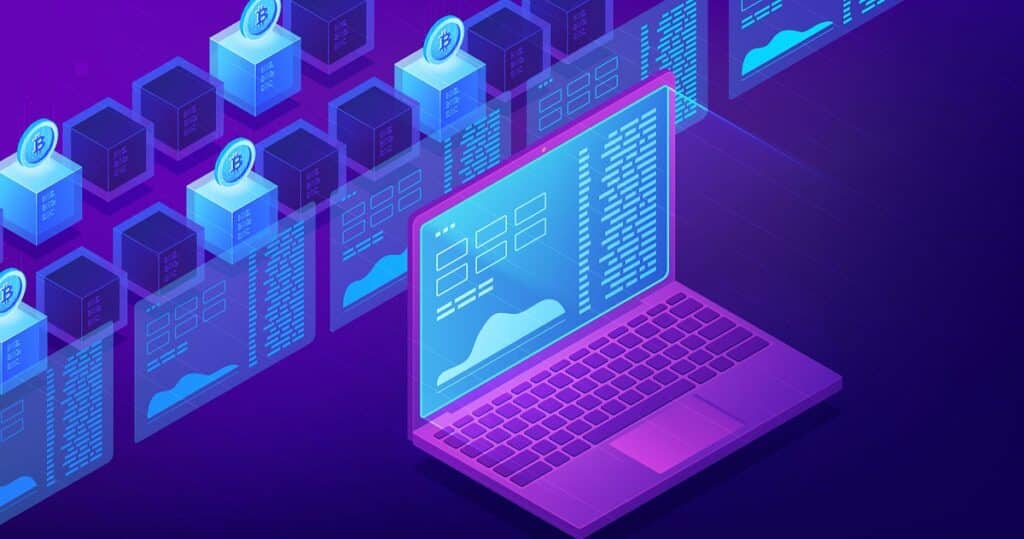The internet has matured dramatically over the past few decades, from the early days of dial-up connections and static websites to the dynamic, interconnected world we know today. And yet, as we enter the third decade of the 21st century, we are on the cusp of another revolution in internet technology: the rise of Web 3.0.
This new paradigm promises to change the way we engage with information, each other, and the world around us in ways that are difficult to comprehend fully. In this article, we’ll explore what Web 3.0 is, how it differs from its predecessors, and the potential impact it could have on society.
Contents
What is Web 3.0?
Web 3.0 is often cited as the decentralized web, and it represents a fundamentally different approach to the internet than its predecessors. Web 1.0 was characterized by static HTML pages that were difficult to update, while Web 2.0 introduced dynamic content, social media, and the rise of mobile devices. Web 3.0 builds on these advancements by taking advantage of blockchain technology, which allows for the creation of decentralized applications (dApps) that are not controlled by any single entity.
One of the key functionalities of Web 3.0 is the concept of decentralization, which refers to the lack of a central authority controlling the network. Instead, dApps are built on top of decentralized protocols that are maintained by a network of nodes, each contributing to the overall security and functionality of the network. This makes it much more difficult for any single entity to manipulate or control the network, creating a more open and transparent system.
Another key aspect of Web 3.0 is the use of smart contracts, which are self-executing agreements that are coded into the blockchain. This allows for a wide range of new applications, from decentralized finance (DeFi) to decentralized social networks, that can operate without the need for intermediaries like banks or social media companies.
Potential Impact of Web 3.0
The potential impact of Web 3.0 on society is difficult to overstate. Here are just a few ways that it could change the world:
1. Empowering individuals
One of the biggest advantages of Web 3.0 is that it puts more power into the hands of individuals. Instead of relying on centralized authorities to control information or manage transactions, individuals can take control of their own data and participate in decentralized networks. This could have significant implications for everything from finance to social media, as individuals become more empowered to make their own decisions and control their own destinies.
2. Reducing inequality
Decentralization could also help to reduce inequality by creating more opportunities for people to participate in the global economy. Without the need for intermediaries, costs could be reduced, and access to services could be expanded, creating a more level playing field for everyone.
3. Improving transparency
The decentralized nature of Web 3.0 also means that there is greater transparency and accountability built into the system. Because no single entity controls the network, it is more difficult for any one group to manipulate information or data. This could have significant implications for everything from politics to finance, where transparency and accountability are often lacking.
4. Creating new business models
Web 3.0 could also create entirely new business models that are not possible with centralized systems. For example, decentralized marketplaces could allow for peer-to-peer transactions without the need for intermediaries, while decentralized autonomous organizations (DAOs) could allow for more democratic decision-making within organizations.
5. Enabling new applications
Finally, Web 3.0 will enable a wide range of new applications that are not possible with centralized systems. From decentralized social networks to decentralized finance, the possibilities are endless. This could create new opportunities for innovation and entrepreneurship.



